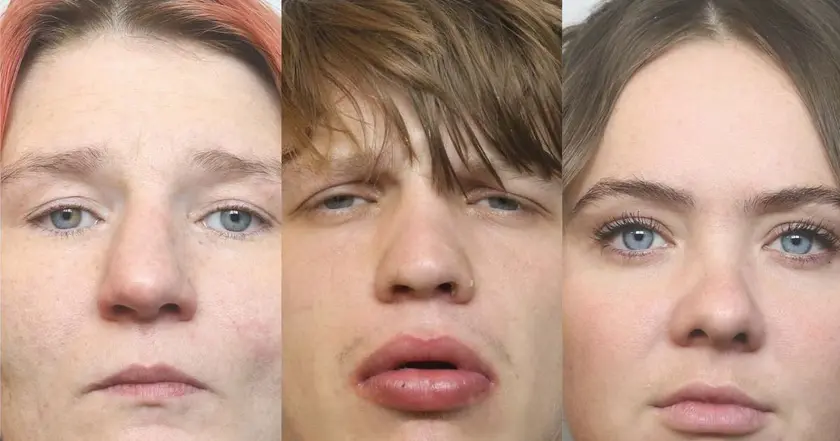T4K3.news
UK road safety push tightens eye tests for older drivers and cuts drink-drive limit
Officials propose mandatory eye tests for drivers over 70 and a lower drink-drive limit as part of an autumn road safety strategy.
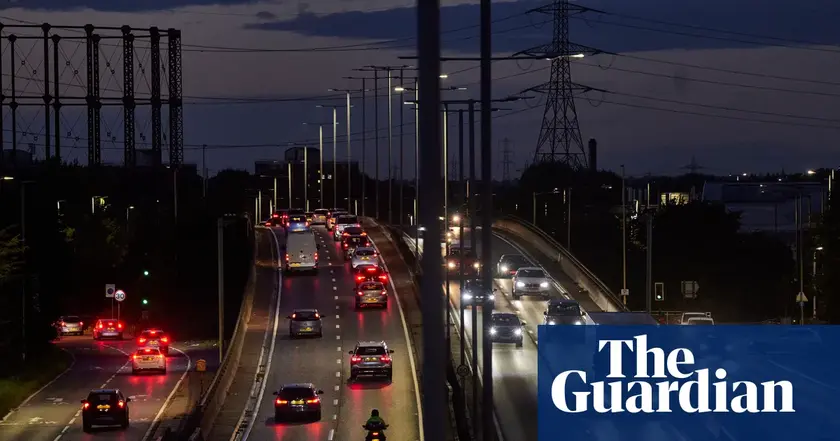
The government weighs eye tests for drivers over 70 and a lower drink-drive limit as part of a broader road safety push.
UK road safety push tightens eye tests for older drivers and cuts drink-drive limit
Ministers are weighing a set of changes in an autumn road safety strategy. Proposals include mandatory eye tests for drivers aged over 70 every three years, a drop in the drink-drive limit from 35 to 22 micrograms per 100 millilitres of breath, and tougher penalties for uninsured drivers and for not wearing a seatbelt. The plan would also give police greater power to pursue drug-driving prosecutions with roadside saliva tests. The strategy aims to reduce deaths and serious injuries after a decade of steady road tolls, with last year recording 1,633 deaths and nearly 28,000 serious injuries.
The plan also notes that England and Wales still rely on self reporting for eyesight problems, a gap the government hopes to close. Public consultation is expected before any law changes. Labour figures cite past progress while arguing that current road safety outcomes remain too costly in human and financial terms, underscoring the politics behind the policy push. The strategy, reported to be led by transport secretary Heidi Alexander, is due to be published in the autumn and will be subject to consultation.
Key Takeaways
"At the end of the last Labour government, the number of people killed and seriously injured on our roads was at a record low"
Labour critique of road safety trajectory
"This Labour government will deliver the first road safety strategy in a decade"
Labour stance quoted by an opposition source
"The drink-drive limit could be cut from 35 to 22 micrograms per 100 ml of breath"
Policy proposal under consideration
"Police could bring prosecutions for drug-driving on the basis of roadside saliva tests"
Enforcement mechanism proposed
Policy design here is as much about public sentiment as it is about numbers. Lowering the drink-drive limit to 22 micrograms aligns England and Wales with Scotland and much of Europe, but it raises questions about enforcement resources and public acceptance. The eye test proposal touches on civil liberties and accessibility for older drivers, even as the data on driving safety in this group remain mixed. The package signals a tougher stance on road safety that could shape political narratives ahead of elections, yet its success will hinge on how well the system can implement and communicate changes without creating new friction for ordinary drivers.
Taken together, the proposals reflect a broader shift toward preventive regulation paired with stronger enforcement. If the autumn plan clarifies funding and timelines, the measures could produce real safety gains. If not, they risk becoming another benchmark of unmet promises that fuel public skepticism and political backlash.
Highlights
- This Labour government will deliver the first road safety strategy in a decade
- Lowering the drink-drive limit is about protecting families on the road
- Mandatory eye tests for drivers over 70 could shift the balance of safety
- The strategy will be published in autumn after public consultation
Budget and political risk around road safety reforms
The proposed measures require funding for enforcement, testing, and public communication. If costs rise or public support falters, political backlash could undermine the strategy. The timing ahead of elections adds pressure for quick wins rather than durable reform.
The autumn update will reveal whether policy intent translates into safer roads.
Enjoyed this? Let your friends know!
Related News
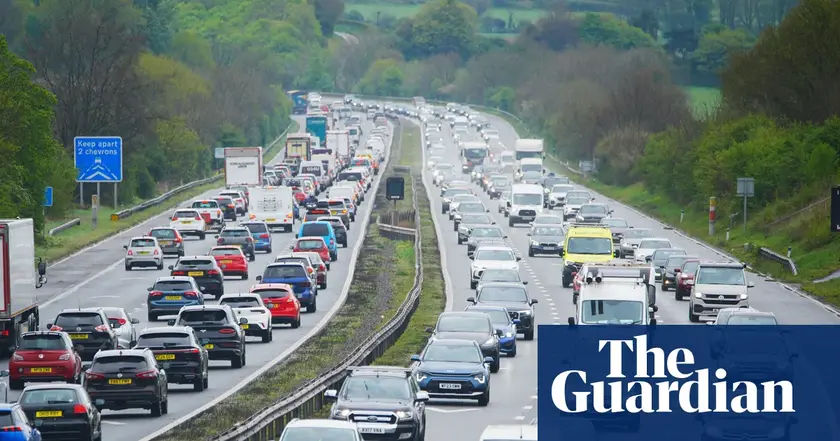
UK ministers push ahead on road safety overhaul
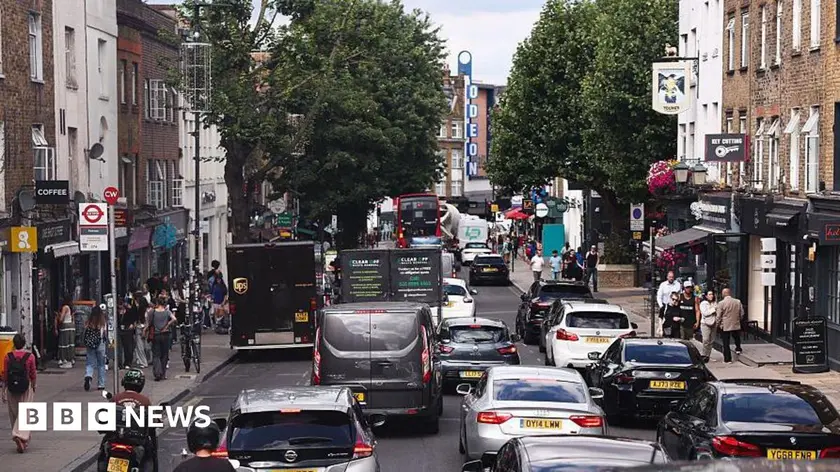
Eye tests for seniors gain momentum
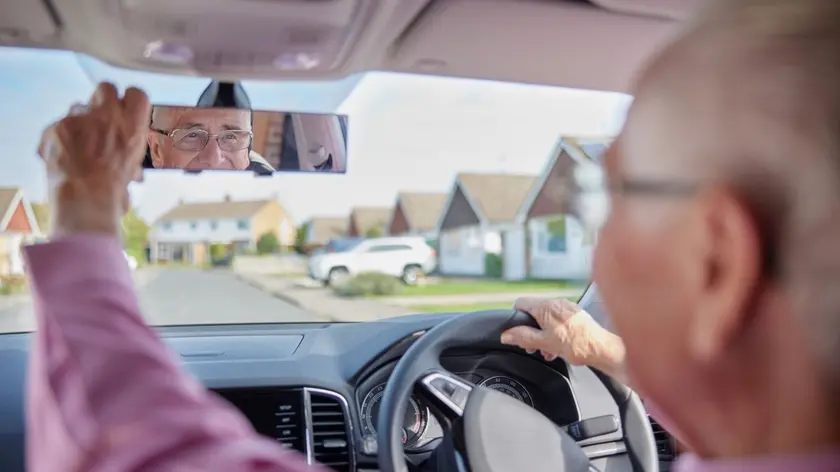
Eye test rule for drivers aged 70 plus announced
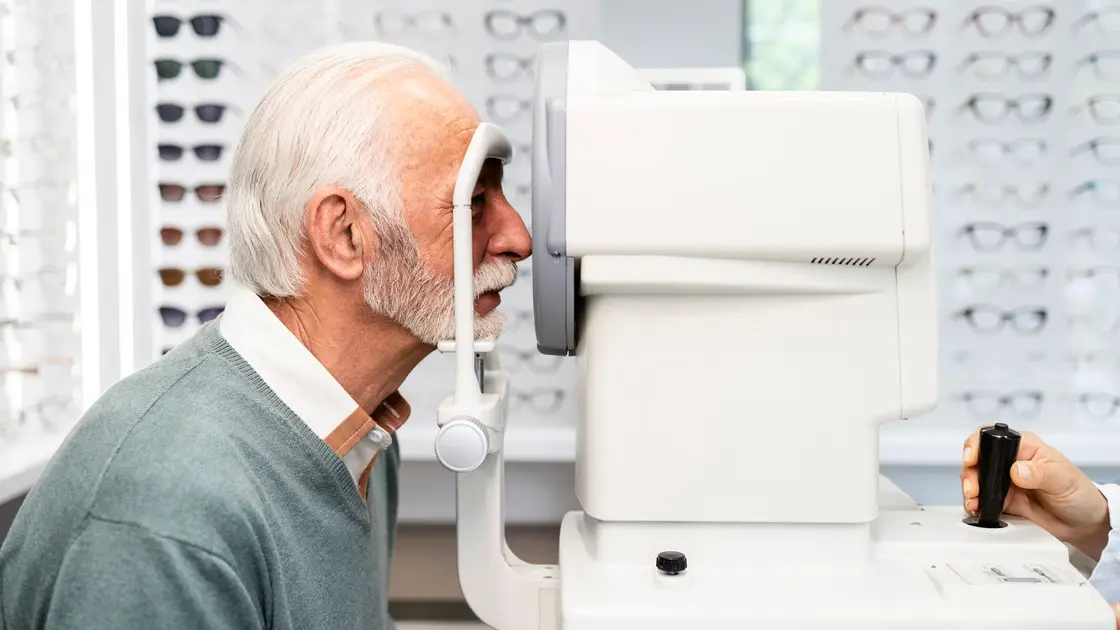
Road safety plan update
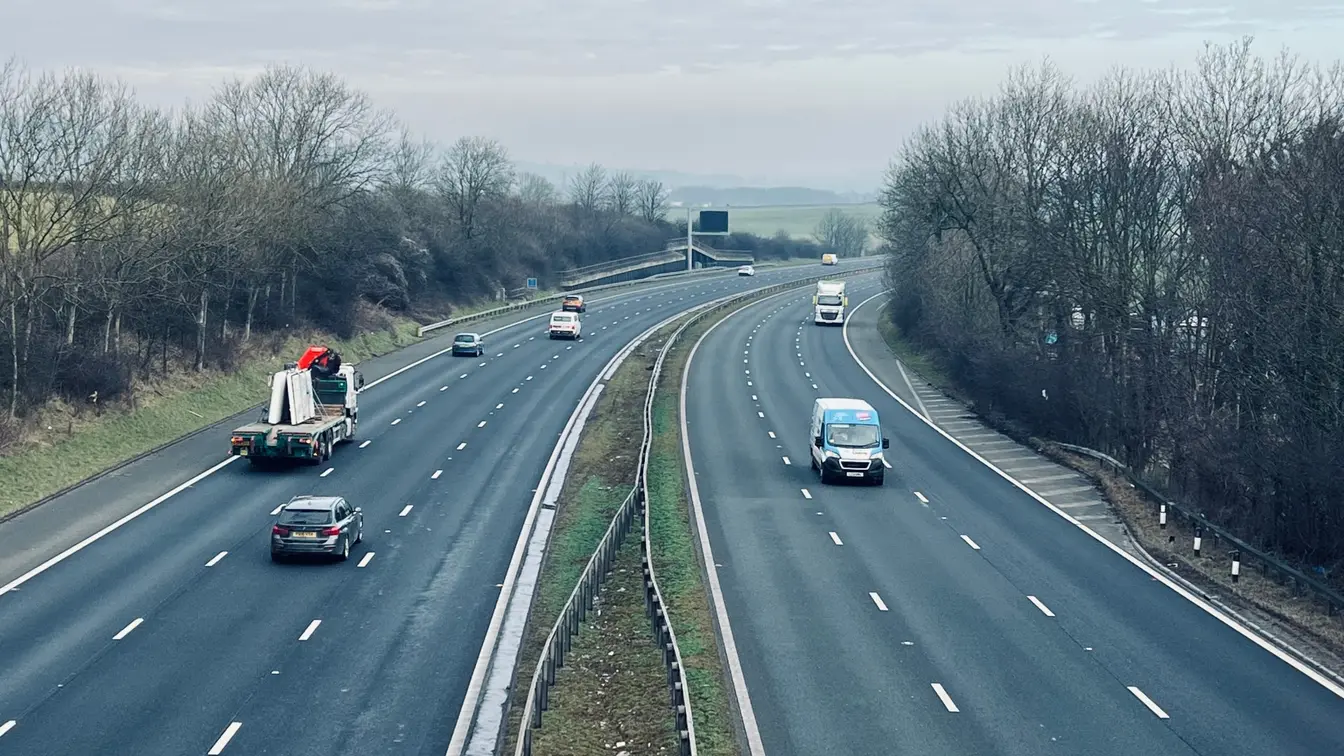
M6 and M4 closures force long delays

Gaza plan top stories prompt broad UK policy questions
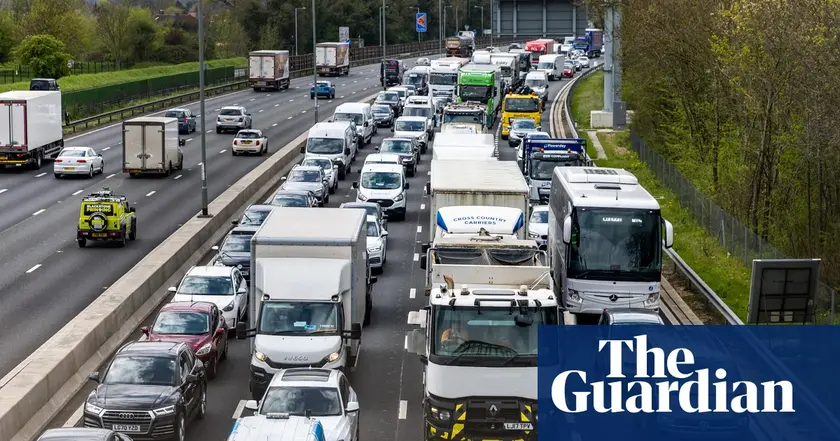
Eye tests for over 70s move to policy debate
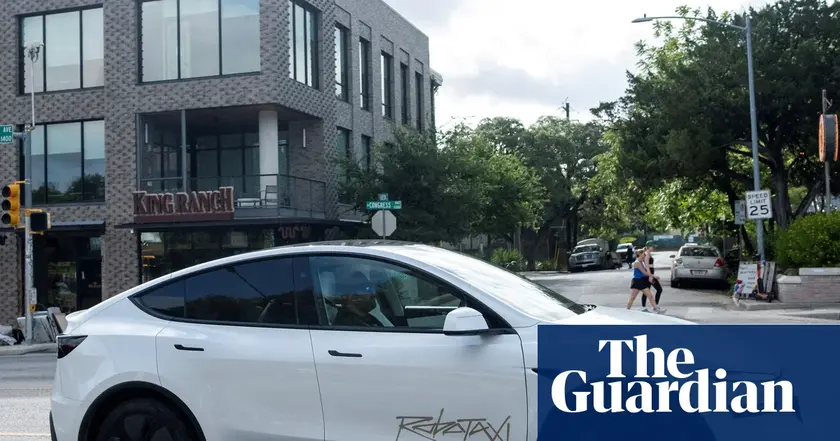
Elon Musk's robotaxi service faces regulatory investigation
